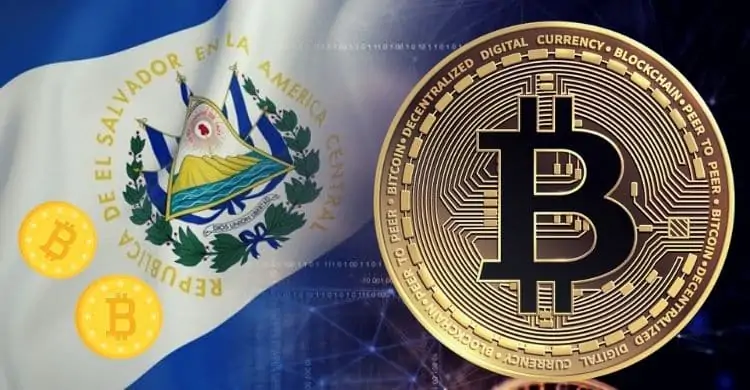
According to a recent survey by the U.S. National Bureau of Economic Research, Bitcoin’s (BTC-USD) use as a medium of exchange in El Salvador, the first country to adopt the most popular cryptocurrency as legal tender, appears to be off to a rocky start due to an overall lack of trust in bitcoin and the government’s BTC wallet dubbed Chivo.
Face-to-face interviews with 1,800 Salvadorian homes provided the basis for the survey data.
The potential for bitcoin (BTC-USD) to replace the US dollar as the world reserve currency has sparked heated debate. A currency is described in a free market as a kind of money that serves as a medium of exchange, a unit of account, and store of value.
Some claim that the US dollar and other fiat currencies perform a poor job of safeguarding consumers’ purchasing power in general, while others argue the contrary. And, as consumer price inflation reached a 40-year high, the discussion has heated up even more, especially as a spate of firms have embraced cryptocurrency for a range of use cases over the last two years.
While early bitcoin supporters lauded the tokens’ decentralized qualities, the general public may not trust it until it is facilitated by a single regulatory framework.
El Salvador’s Bitcoin uptake is stalling:
To provide some context, El Salvador’s Chivo wallet swiftly fell out of favour after its launch in September 2021. According to the NBER poll, only 20% of respondents in the country used Chivo after downloading it. In September of last year, 40% of all downloads occurred, and “almost no downloads occurred in 2022.” According to the NBER, the $30( R 474) bonus offered by the government appears to have pushed people to download Chivo, resulting in a flood of downloads at the start of the Chivo launch.
“The most important reason not to download the app, conditional on knowing about it, is that users prefer to use cash,” according to the survey. “This was followed by trust difficulties — respondents did not trust the system or bitcoin itself.”
It is worth noting that the US dollar became the official currency of El Salvador in 2001.
Bitcoin vs. US dollar: According to the survey, only 5% of company sales were in bitcoin (BTC-USD), with the majority of transactions converted to dollars. Perhaps El Salvador’s disappointing bitcoin (BTC-USD) trial can serve as a model for other developing market countries interested in using cryptocurrency as a means of exchange.
Earlier in the week of April 29, the Central African Republic, another emerging economy, became the world’s second country to recognize bitcoin as legal cash. A few developed countries, including the United States, are avoiding volatile cryptos in favour of exploring ways to introduce stablecoins or central bank digital currencies in a way that does not jeopardize financial stability. In an effort to mitigate risks and fraud, US Treasury Secretary Janet Yellen proposed a crypto regulatory framework in early April.
According to SA contributor Rothko Research, bitcoin’s (BTC-USD) upward potential remains restricted as a slew of central banks tighten monetary policy in a bid to manage inflationary pressures. BTC is a Hold in Rothko’s opinion.
Meanwhile, bitcoin (BTC-USD) Friday afternoon trading was changing hands firmly below its key $40K (R 633k) level at around $38.5K9(608K), sliding by 2.1% in the past five sessions, nearly -20% M/M and -28% Y/Y.
This website uses cookies.